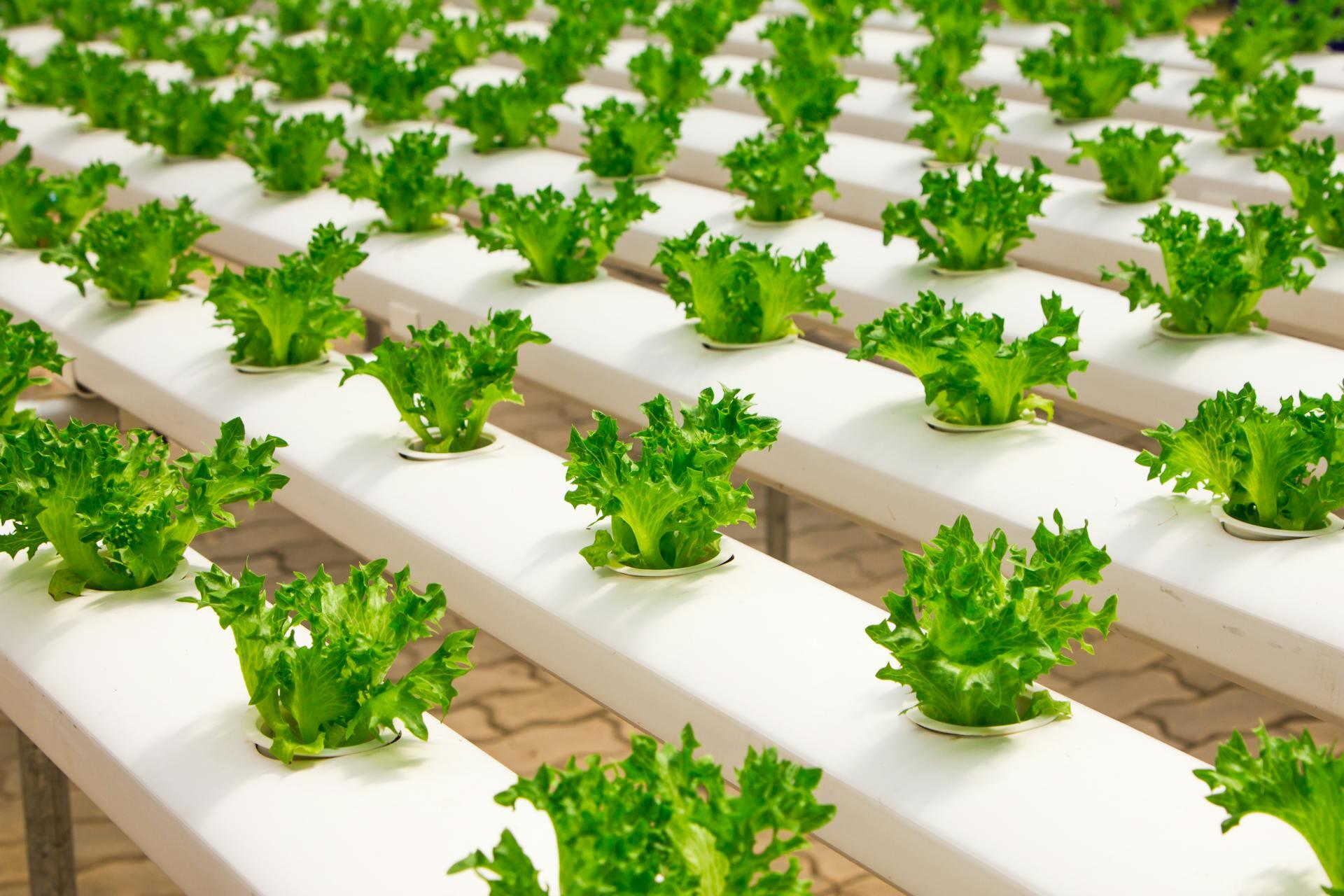Food science is an enigmatic concept to most people, even though it’s around us every day. Every packaged food item found at the store had a food scientist's hand in its creation. But what are the details of the food science behind the foods we purchase and consume daily? Find out about the responsibilities of food scientists and how much they earn for their efforts.

What is Food Science?
Food science is the study of foods including their chemical makeup and physical properties. One main aspect of food science is evaluating the nutrition and safety of food items. Another main facet is the marketing standpoint of food, like texture, taste, and appearance.
Food scientists may work to develop new ingredients or entire foods or may work to improve existing ones. They can work with foods of every level of processing, from raw and fresh produce and meat, to highly processed goods, and everything in between.
Food science is also called “bromatology.”
Food science covers everything from sourcing raw materials at the agricultural origin to how a food interacts with the body and everything in between. Food scientists typically work in a multidisciplinary way, combining knowledge like agriculture and packaging with food.
Let’s dive into food technology more by examining the different specialities in food science.
What Does a Food Scientist Do?
There are a few different main types of food scientists, and it’s a very broad field overall, so it’s impossible to sum up all the different responsibilities of all food scientists. However, we can categorize several main types of food science and address the most common roles and responsibilities. Here are the top types of food scientists and what they do. Note that many job subtypes may overlap with one another in any particular role.
Food Technologist
Food technologists' primary concern is ensuring food products' safety. They may ensure that any chemicals used in the food’s creation do not have any harmful effects on humans; they’ll need to be especially sure that the chemicals don’t interact negatively once combined.
They may be tasked with finding safe and effective ways of creating versions of existing foods that are low-fat or low-sugar or are otherwise in an altered form from the original.
They may also research the best way to process, preserve, and package food items, even inventing new processes along the way.
Furthermore, they need to test the longevity of a product once it’s been produced. How long does it stay fresh? How long can it last before it no longer has the ideal taste and texture? How long can it last before it spoils and cannot be eaten? These are the questions a food technologist may need to answer.
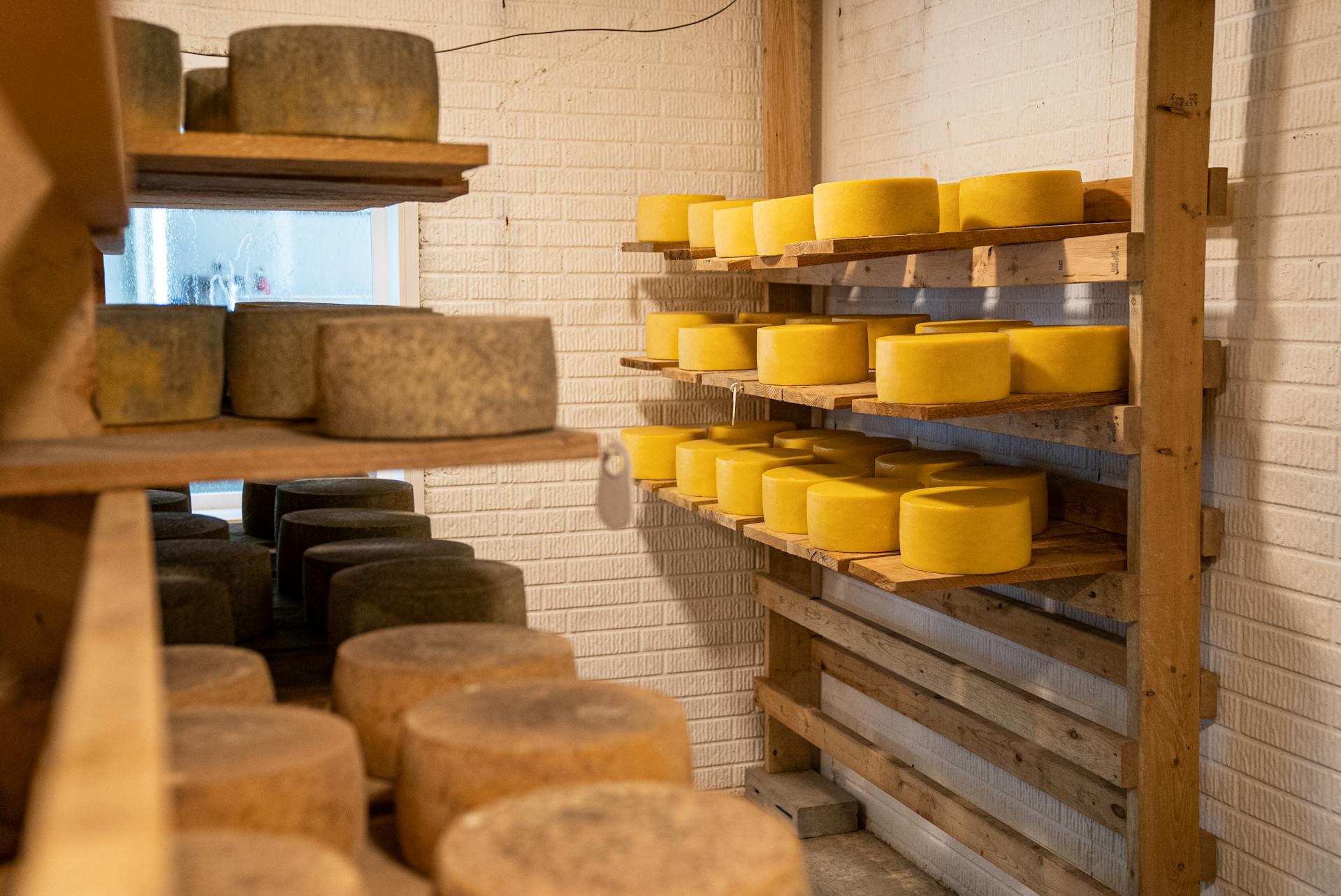
Food Safety Manager
In addition to the safety-related responsibilities of a food technologist, a food safety manager may also be in charge of maintaining the food production facility and monitoring the quality of ingredients used in production.
They perform safety and quality checks on machinery and supplies to ensure compliance with internal standards and lawful regulations. If there is a non-compliance issue with products or facilities, the food safety manager should discover it or be made aware so they can remedy the situation as soon as possible.
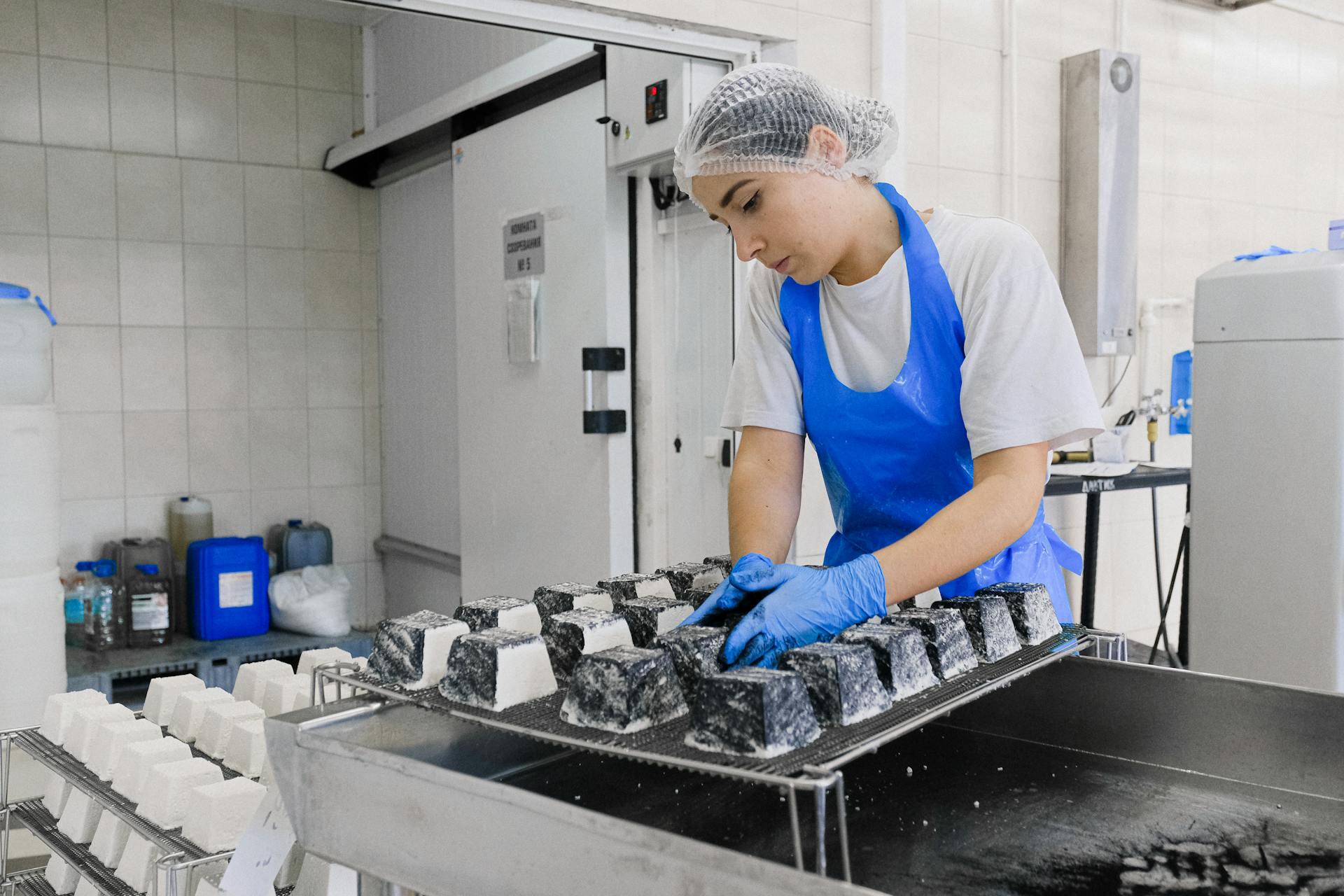
Food Technician
Food technicians may work closely with food technologists and safety managers (and/or the jobs may overlap greatly). Their main roles involve understanding the science behind all the safety measures in food production, from processing ingredients to mixing and making the food items to ensuring proper cooking and other similar processes, to proper packaging.
They perform tests at all stages of food production to monitor for contamination and quality assurance. Technicians may perform physical, chemical, and microbiological tests to make sure the food is being produced at a consistent standard. They make sure the factories and machines are clean and maintained, and ensure that food process workers adhere to safety and company standards. They may also develop new processes and equipment for food production.
Beyond the factory floor, food technicians may even travel to farms to ensure safety standards are being met and test things like soil quality for grown ingredients and produce. They may also develop new pest control methods and help farmers develop more effective farming strategies.
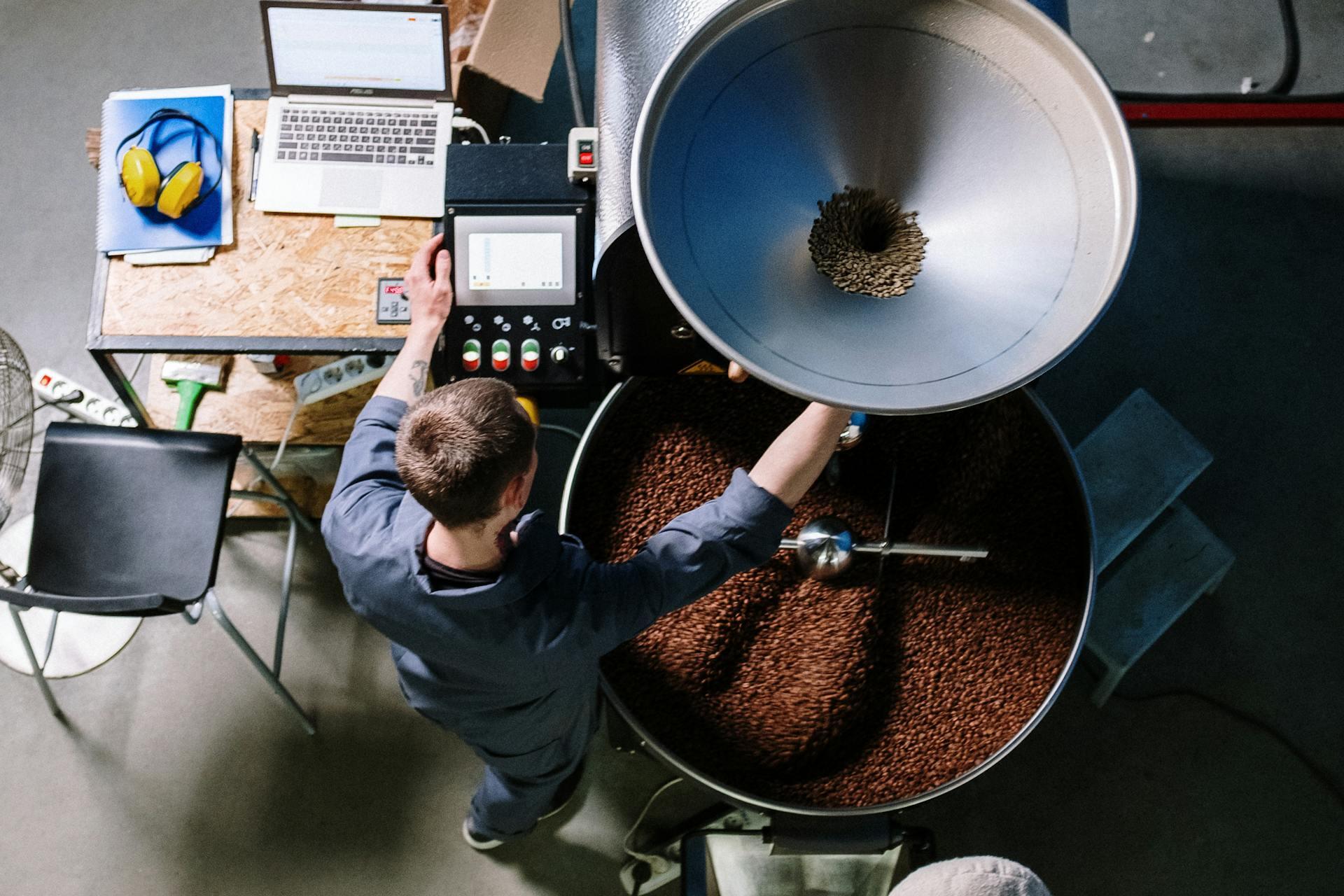
Food Chemist
Food chemists work specifically with the chemical aspects of food and food production. They may research the chemical structures of “whole” foods like fruits, vegetables, grains, herbs, meats, etc, as well as chemicals that get added to processed foods.
They may test to determine the nutritional value of ingredients and completed foods, research how ingredients interact with one another, and figure out ways to improve things like taste, texture, and spoilage reduction.
These are the people who spend most of their time in a lab performing tests and experiments.
In general, food scientists need to have skills in science and mathematics as well as communication to be effective.
Food Engineer
Food engineers are responsible for the technical and practical aspects of food production, like designing food manufacturing plants, implementing efficient mechanical processes, ensuring proper raw material and finished product storage, and using digital sensors to document data.
They may study the effects of freezing, heating, drying, etc on ingredients and finished food products. They may institute new processes, improve existing processes, and maintain current processes for ideal safety and efficiency. They also study the effects of fermentation, pasteurisation, concentration, etc on foods. Additionally, engineers may study how a food is digested once consumed and its ability to deliver nutrients as intended.
Other Food Science Roles
Just like chemistry in general, food science is an extremely expansive, interdisciplinary industry, so there are far too many roles to list in detail in one simple article. Here are some other jobs a food scientist might have:
- Viticulturist, Vinter, Enologist
- Brewer, Distiller
- Cheesemaker
- Zymologist
- Food Microbiologist
- Cereal Scientist
- Food Sensory Scientist
- Food Quality Assurance Professional
- Food Product Development
- Food Technology
- Nutritionist, Dietician
- Chef, Molecular Gastronomist
- Foodomics
- Agricultural Sciences
- Nutritional Sciences

Average Food Technologist Salary Australia
Since the food science field is so vast, the salary for those in the food science industry can vary greatly. Additionally, the rate of pay will depend on the industry segment one is working in, the location of the job, the employee’s education and experience, and the individual company.
The average salary for a food scientist in Australia is about $71K per year, with the lowest-paid 10% earning less than $49K and the highest-paid 10% of workers earning more than $120K.
The demand for food scientists is moderate to high, with it being a profession that draws in international visa workers.
It is projected that the demand for food scientists will increase slightly in the next five years.
for employees in food science
Food Scientist Work Environment
Depending on the specific role of a food scientist, the job environment can vary between many different settings. Those who work more with the chemistry side of things will spend more time in a laboratory setting, and possibly visit production and storage facilities to run tests and collect samples.
Technicians and engineers may spend more time in factories and production facilities, monitoring supplies and production lines. They may have more hands-on work with foods, developing recipes for taste, texture, and appearance outside of the lab.
Certain roles may have food scientists going to farms to inspect crops and livestock, working with farmers to create more efficient and healthier raw materials through farming techniques, machinery, antibiotics and pesticides, and more.
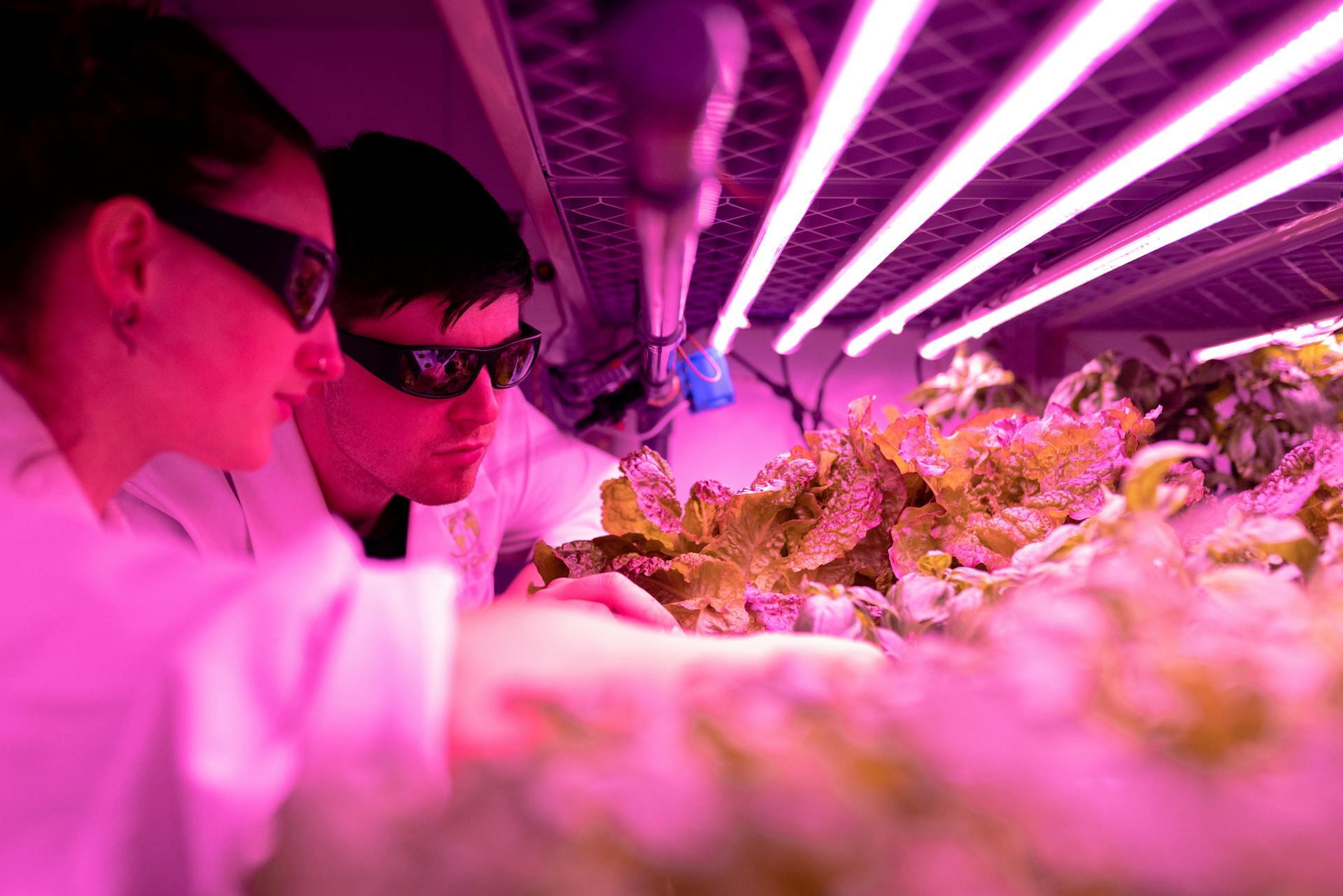
How to Become a Food Scientist
At minimum, getting into the food science industry requires a bachelor’s degree in food science directly, or a closely related subject. For more specific or advanced job titles, employees will likely need to have a specialised post-graduate degree.
Best Degrees for Food Science Career
Here are the best schools and degrees in to pursue if you want to get into food science in Australia.
- University of Sydney
- Bachelor of Agricultural Science
- Master of Agriculture and Environment
- Bachelor of Science
- University of New South Wales
- Bachelor of Food Science
- Bachelor of Nutrition
- Master of Dietetics and Food Innovation
- Master of Food Science
- The University of Queensland
- Graduate Certificate in Food Science and Technology
- Master of Food Science and Technology
- Bachelor of Agribusiness
- Bachelor of Nutrition Sciences
- Master of Dietetics Studies
- The University of Adelaide
- Bachelor of Food and Nutrition Science
- Bachelor of Science (Biomedical Science)
- Bachelor of Viticulture and Oenology
- Graduate Certificate or Diploma in Global Food and Nutrition Science
- Graduate Certificate or Diploma in Food and Nutrition Science
- Master of Food and Nutrition Science
- Master of Global Food and Nutrition Science
- Master of Engineering (Chemical)
Food science is a fascinating and challenging career path in Australia. It’s so in demand that it attracts many professionals to attain a work visa and travel to Australia for their careers. As foods develop in bold new directions in the coming years, there will no doubt need to be more food scientists ready to take on the challenges.
If you’re studying food science and feel like you need help staying on top of the complicated coursework on the subject, you can find a professional private tutor on Superprof to help!
References
- Food Scientist Salary in Australia in 2025. (n.d.). In PayScale. https://www.payscale.com/research/AU/Job=Food_Scientist/Salary
- Food Technologist Skills Assessment ANZSCO 234212. (n.d.). In VETASSESS. https://www.vetassess.com.au/check-my-occupation/professional-occupations/food-technologist
- How to become a Food Technician. (n.d.). In www.gooduniversitiesguide.com.au. https://www.gooduniversitiesguide.com.au/careers-guide/food-technician#the-job
Summarise with AI:

